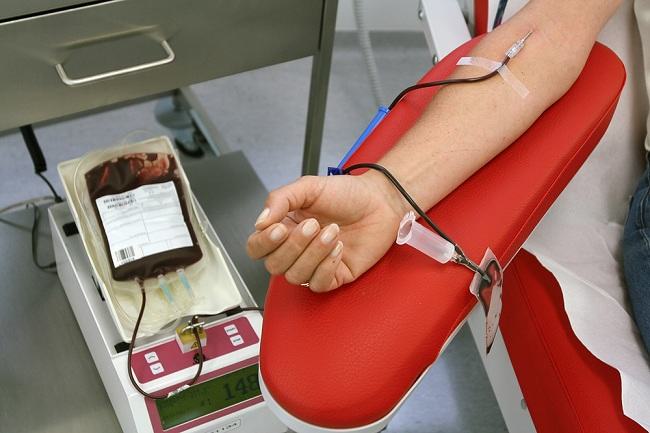The function of vitamin K not only helps the blood clotting process, but also has other functions that are no less important. You have to make sure that your daily vitamin K needs are met properly to keep your body healthy.
An easy way to meet the daily requirement of vitamin K is to eat foods that contain vitamin K, such as kale, spinach, radishes, mustard greens, green lettuce, broccoli, cauliflower, fish, liver, meat and eggs. By eating these foods, the need for vitamin K can be fulfilled properly so that various functions of vitamin K for health can be obtained.

Amount of Vitamin K Your Body Needs
Everyone's vitamin K needs are different. Infants under 1 year old, the recommended intake of vitamin K is 0.002 mg – 0.025 mg. Children aged 1-8 years, the recommended intake of vitamin K is 0.03-0.05 mg. While in adults, the need for vitamin K per day can be calculated based on kilograms of body weight they have.
For every kilogram of body weight of an adult, it takes about 0.001 mg of vitamin K. If an adult weighs 55 kg, then that person's need for vitamin K is 0.055 mg per day. Meanwhile, adults weighing 95 kg need 0.095 mg of vitamin K per day.
To get the amount of vitamin K you need, you need to eat a varied and balanced diet. Don't worry too much if you take too much vitamin K. Until now, there have been no studies that have provided sufficient evidence that there are negative effects if the body has too much vitamin K.
The good news is, occasionally not meeting the required quota is also not a problem. Because, vitamin K that enters the body is not used immediately. When these compounds enter, vitamins will be stored in the liver for use at a later date. However, of course it would be wiser to fulfill it as needed because balance is always better than too little or too much.
Important Functions of Vitamin K
Some of the things below are the functions of vitamin K for the body that you should know:
- Prevent bleeding disease in newborns
Newborns have very low levels of vitamin K, because this vitamin cannot cross the placental tissue. In addition, newborns do not have bacteria that help the process of forming vitamin K in their digestive tract. This can increase the risk of disease hemorrhagic disease of the newborn (HDN) or bleeding disease of the newborn, which can cause damage to the baby's brain from bleeding. Therefore, newborns are strongly advised to get vitamin K injections.
- Speed up wound healing
One of the important functions of vitamin K is for blood clotting. If the body does not have enough vitamin K, even small wounds can take a very long time to heal.
- Memwake up and makestrengthen bones
In addition to helping the blood clotting process, the next function of vitamin K is to build and strengthen bones. A medical study states, there is a link between low levels of circulating vitamin K in the body and a person's low bone density.
There are various functions of vitamin K that are important for the body. It is recommended to eat a variety of foods with balanced nutrition to meet the needs of these vitamins. If you want to take a vitamin K supplement, make sure the amount is not excessive. To be more accurate, it is best to take these supplements after consulting a doctor.









